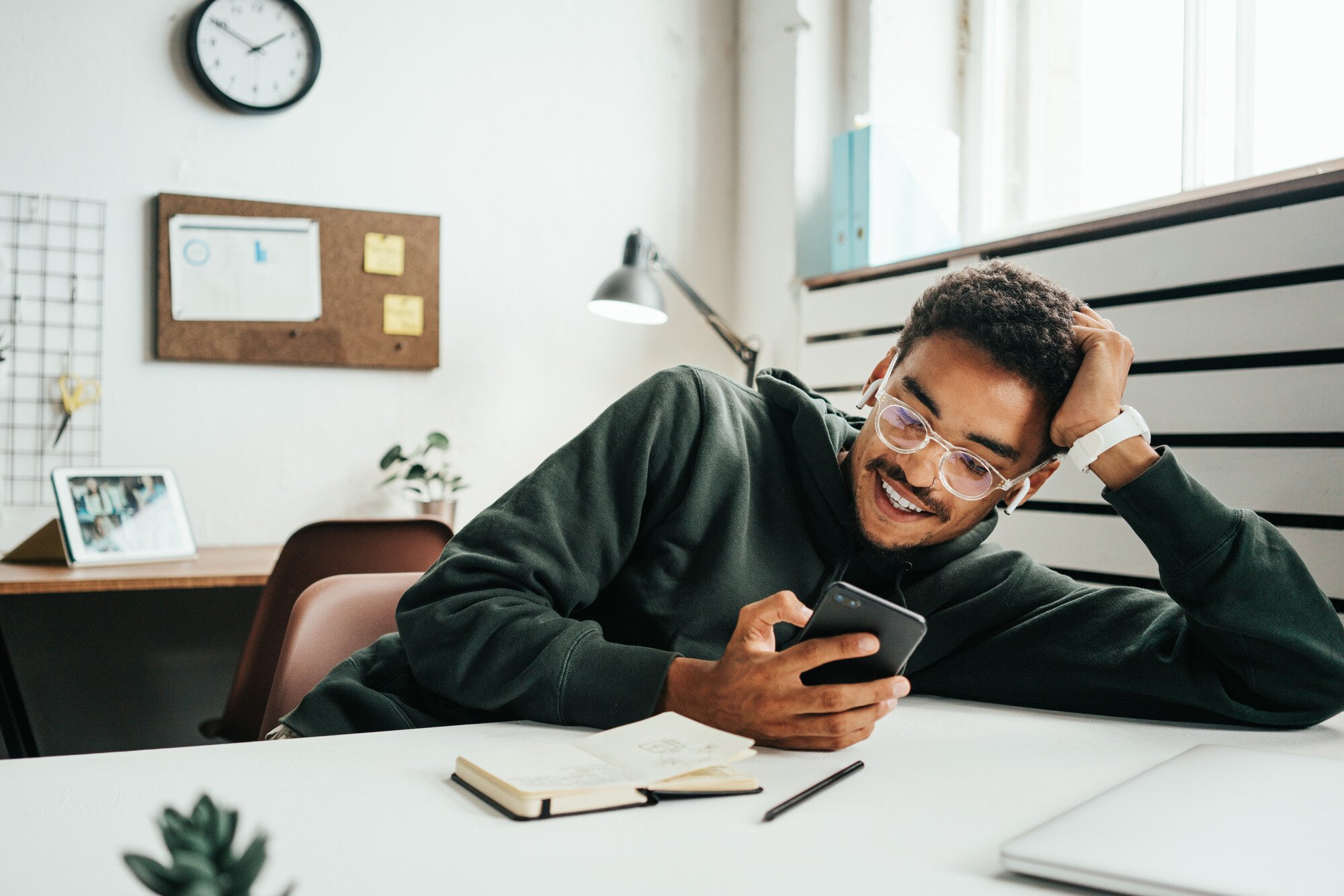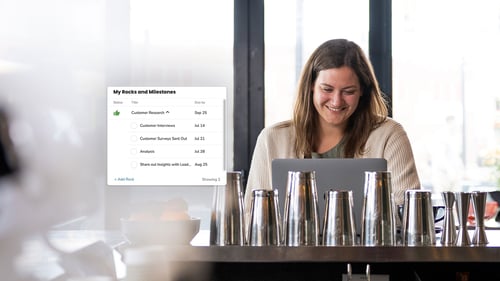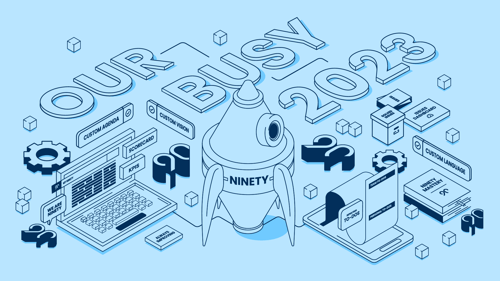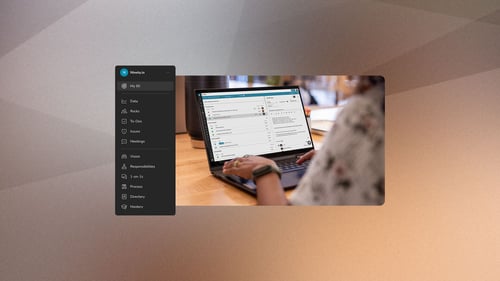Make Online Security Easier with Ninety
Ninety has implemented the option of utilizing multi-factor authentication and/or social sign-in to increase the security of your account. This article explains how it works and offers considerations for staying safe online.
Online security is kind of like flossing. We know the best practices – unique passwords, limiting the number of accounts you open, limiting what you share, etc. But most of us are sporadic (at best) about actually doing it.
We all want to practice healthy online security habits. The trick is to make those online security habits so easy that it'd be more difficult NOT to follow best practices. Allow me to highlight a few ways to make that happen.
Setting Up Multi-Factor Authentication for Secure Sign-In
At its simplest, multi-factor authentication, or MFA, adds a layer of security by asking the user to provide two different types of evidence of their identity. It's similar to the second form of identification that the DMV wants you to have – it makes it much harder for someone to impersonate you.
MFA takes many forms. Ninety utilizes one of the most common, where we text a log-in code to your phone each time we don't recognize the device you're using to access the platform. That additional layer of security, proving your identification through possession of your phone, drastically reduces the likelihood of compromised log-ins. Microsoft claims that it can prevent 99.9% of attacks on your account.
Using MFA means you need to give Ninety your cell phone number – but don't worry, you won't be getting any random late-night texts ("you up?") from us.
Many other forms of MFA exist, ranging from fingerprint-sensing on your phone to dedicated apps that generate numbers (such as Google Authenticator). No matter what type of MFA the website uses, activating it is in your best interest.
Another way to utilize MFA is by logging in with a social account, which leads nicely into a similar habit.
Using a Social Account to Sign-In
Who would have guessed that Facebook would be helpful for something beyond keeping tabs on folks you haven't talked to since high school?
Utilizing social accounts, such as Facebook or Google, to log into non-social accounts kills a few birds with one stone. Suppose we set up these accounts with strong passwords. In that case, you can continue utilizing it instead of being forced to create a new one. As mentioned above, they also act as a secondary form of MFA.
Social sign-in makes it easier to stay secure. One less password to create and try to remember...one less registration form to complete.
Like any new habit, we must clear an initial hurdle and start. Once that's over with, life gets back to smooth sailing. The initial hurdle for MFA and social sign-in is simply activating the feature. For information on how to do that within Ninety, this article should help.
Of course, flossing is another hurdle altogether, but we're working on it.
Sign up for a free trial with access to all of Ninety's functions, features, and support. We guarantee that you'll love it.

.png)




